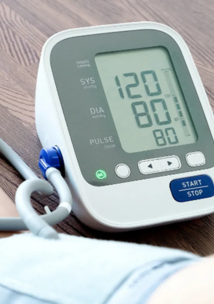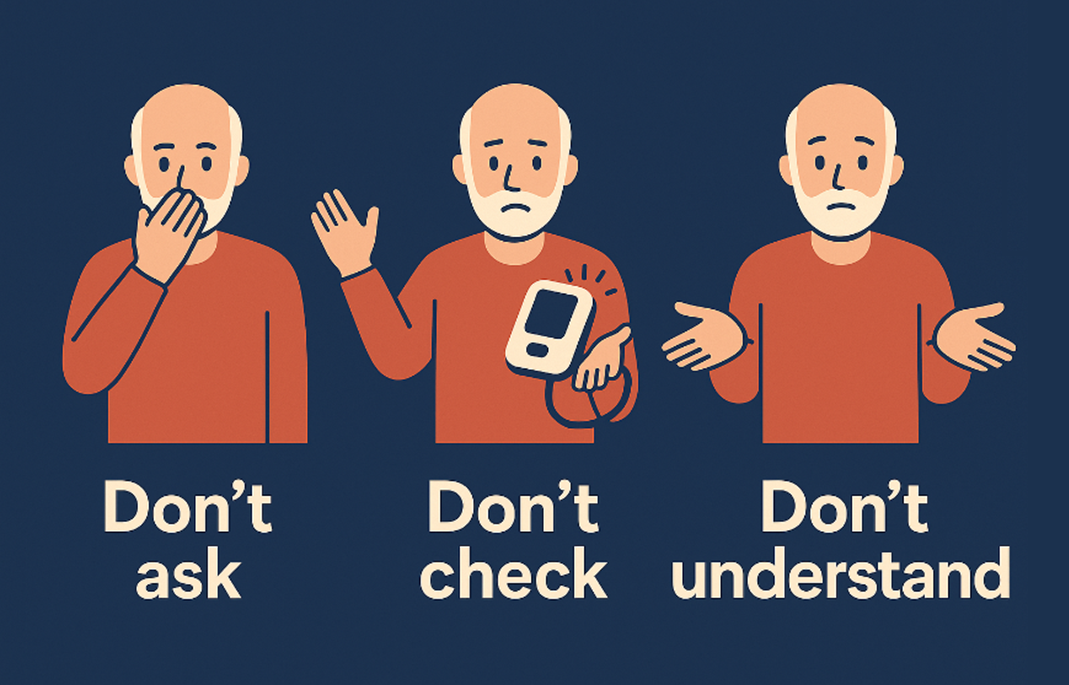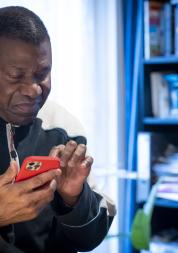Report: Empowering the patient - how to increase the understanding and testing of high blood pressure

Nearly 500 people across Bath, Swindon and Wiltshire shared their experiences with us. We focused on deprived areas and Asian communities, as these groups are less likely to have their blood pressure tested - despite being more at risk of high blood pressure.
Our goal was to find out how people can be better supported to understand, test, and take charge of their blood pressure health.
What we found
- Most people don't ask healthcare professionals about their blood pressure or for a blood pressure check.
- People who do have a blood pressure check often don't know what their numbers mean or what to do next.
- People trust and rely on their GP and pharmacists for information about their blood pressure. When people search for information about blood pressure online, trusted information from the NHS often doesn't show up in search results.
Increasing access to testing isn’t enough - people also need knowledge, confidence and culturally relevant information.
Who does this affect most?
- People who are financially comfortable are 15% more likely to understand the risks of high blood pressure and 10% more likely to have been tested recently.
- Many Asian community members trust health information shared by local faith centres, community leaders, or multilinguall caseworkers.
What did people tell us?
"My husband became obsessed with his home blood pressure machine - but no one ever explained what the numbers meant."
"There’s too much salt in the Asian diet, but also too much fear of talking about health at all."
What needs to change?
- Make blood-pressure information short, clear and available in multiple languages.
- Offer checks in community spaces and workplaces.
- Provide personal follow-up so people understand their results.
- Train community champions to share key messages.
What this means for you
- You can ask for a blood pressure check at a pharmacy - it’s quick and often free if you're eligible.
- Don’t wait for symptoms: most people with high blood pressure feel fine until serious illness develops.
- Encourage friends or relatives - especially older family members - to get checked too.
You can download a copy of our report below.
Downloads

